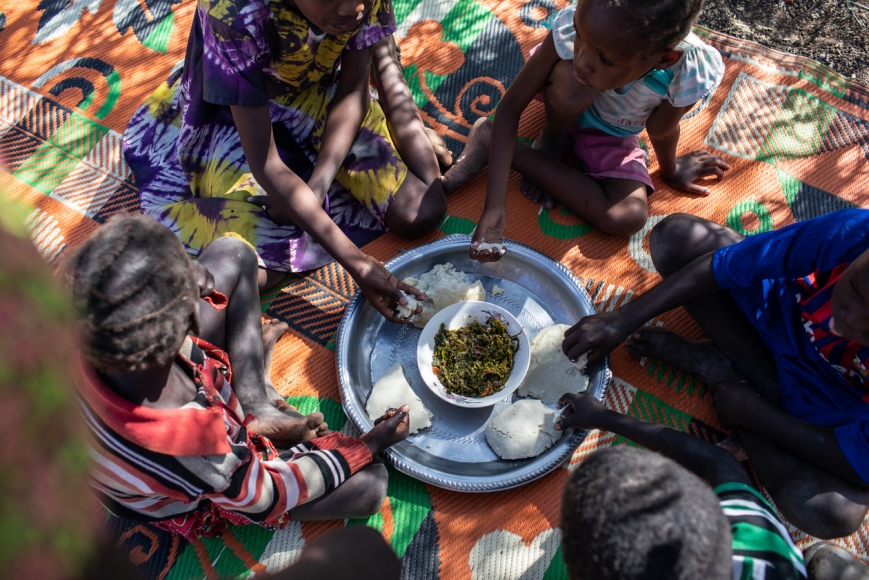From Our Correspondent
The Food and Agriculture Organisation (FAO) says 26.5 million Nigerians in Borno, Sokoto and Zamfara States including the FCT may face a food crisis between June and August 2024.
FAO Country Representative, Dominique Kouacou, announced this at the presentation of the October to November round of the Cadre Harmonise (CH) food security and early warning analysis, on Friday, in Abuja.
Dr Abubakar Suleiman, Assistant FAO representative, Programme represented Kouacou at the event.
The UN agency conducted the CH analysis in 26 states and the FCT to ascertain the food security situation and make projections for the future.
According to him, the current cycle is happening after an unusually lean season. The season witnessed several shocks, ranging from persistent insecurity situations like insurgency and banditry.
He listed other challenges as natural resource-based conflicts, high cost of food and agricultural inputs due to high inflation.
Severe dry spells in some states immediately after the onset of rains are also a serious challenge.
On his part, the Permanent Secretary, Ministry of Agriculture and Food Security, Dr Ernest Umakhihe, said highly skilled professionals conducted the CH analysis and validated by a Task Force.
Represented by Mrs Fausat Lawal, Director of Special Duties, Umakhihe said the results of the CH analysis “is coming at a time when the government is reinvigorating the nation’s economy”.
Read Related News:
Africa faces looming temperature rise, threatening food security
Ozone depletion worries FG
African ministers root to hasten low-carbon growth
He said though the challenges were daunting, they were surmountable. The Permanent Secretary added that several factors were negating the ministry’s efforts.
“Notable among them is the lingering negative impact of COVID-19 on the global economy. Another is the Russia-Ukraine war, which is currently disrupting food systems, spiking up input prices and food prices.
“Removal of oil subsidies has further heightened this pressure, causing inflation and increase in the consumer price index,” Umakhihe said.
He said environmental and human factors like climate change, insecurity and seasonal flooding regimes had remained recurrent concerns.
The PS said the disruptions had implications on food consumption patterns and the use of irreversible coping strategies among Nigerians.
He said the ministry remained resolute in leading and supporting the CH process in Nigeria.
Do you have a flair for Citizenship Journalism? Share story(ies) of happenings in your area with The NewsZenith on WhatsApp: 08033668669 or thenewszenith@gmail.com
